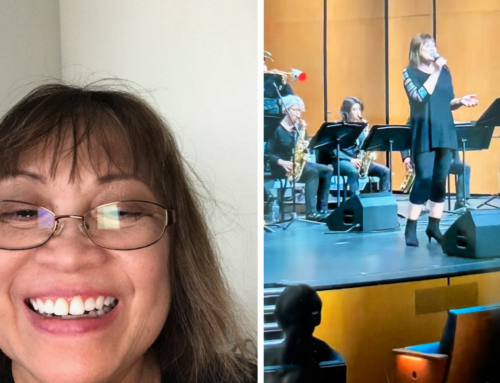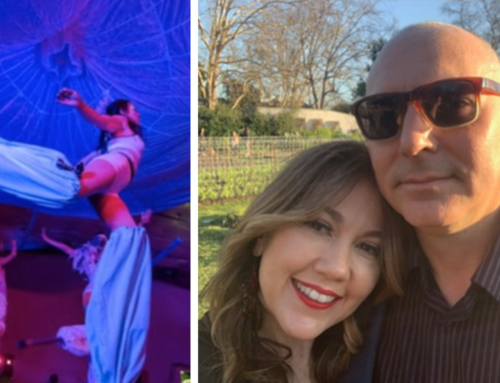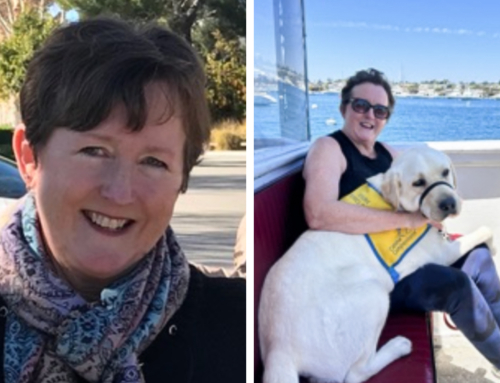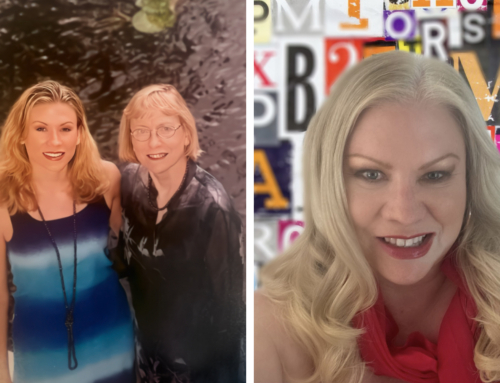“My DCISionRT score was a 7% chance of recurrence in 10 years if I did radiation and an 8% chance of recurrence without radiation. My original recommendation of 30 rounds of radiation went down to 15 rounds to 5 rounds to optional to none.”
W Fernandez is 61 and enjoying her 15-year career working in a bank and spending time with her adult children and granddaughter. Last spring, she scheduled her mammogram, which like so many other women she had delayed due to the pandemic. Following her mammogram, she received the letter that no woman wants to get. The imaging center was requesting that she come in for a second look.
“After the second mammogram on my left breast, I was asked to wait in a room for the doctor. She advised me that they needed to do a biopsy. At that point, I decided to pursue treatment closer to my home. The hospital scheduled my biopsy based on the findings to date and had the results five days later. At 5 a.m. I read the word ‘malignant’ on My Chart and it brought me to tears not knowing what was going to happen. By 1:30 p.m. on that same day, I was in my breast surgeon’s office, and she informed me (and my sister who accompanied me) that I had ductal carcinoma in situ (DCIS), also known as stage zero breast cancer.”
“The surgeon explained that I had two options. One, a lumpectomy followed by 30 rounds of radiation and endocrine therapy for the next 5 years, or two, a mastectomy, which would remove both breasts followed by implants and plastic surgery. Before I left the office, the staff had set appointments with the radiation oncologist and the plastic surgeon, as well as a date for surgery. I was in shock. I felt like I had been ‘informed’ and now this is what I must do. I left the clinic confused how this could be happening and uncertain what I should do? ”
W Fernandez had to do her own research. The doctors didn’t discuss DCISionRT with her and how it could help with treatment decision making. “I felt like a zombie for the next 2 days, until I ‘got myself together’ and decided to visit official websites of women diagnosed with DCIS. That is when I learned about PreludeDx and DCISionRT, a molecular test that determines, based on your individual tumor biology, if you will benefit from radiation or if you can safely omit it. At that point I decided that I wasn’t going to do anything until I had the DCISionRT test.”
“Because of the potential life-changing aspects I decided to get a second opinion, but ultimately decided to stay with my original breast surgeon under 2 conditions. One, I could have the radiation oncologist of my choice and two, I would have a DCISionRT test before making any decision regarding treatment post lumpectomy.”
“After 2 operations on my left breast and my DCISionRT results, my radiation oncologist made it clear that radiation was optional! Hallelujah!!! My DCISionRT score was a 7% chance of recurrence in 10 years if I did radiation and an 8% chance of recurrence without radiation. My original recommendation of 30 rounds of radiation went down to 15 rounds to 5 rounds to optional to none.”
“It’s about us (patients) taking control and not just following what is traditionally prescribed. What is really sad is if I hadn’t discovered the test myself I would have had the rounds of radiation and then the endocrine therapy. I tell everyone to research. Be your own advocate. When I go back and think about it, I can’t help but think what if? What if I had not done research? What if I hadn’t found Dede from PreludeDx, a compassionate person who listened to my concerns when I first called? What if I hadn’t been determined and made clear to the surgeon my desires of being informed of DCISionRT before making treatment decisions? What if DCISionRT didn’t exist? Would my body have been subject of an “overkill” with medicine and unnecessary radiation?
I’m happy where I am right now with my work, my kids and this period of life. I give praise to the good Lord every morning. My Faith and the support of my family helped me take every day one day at a time. I’m thankful for the opportunity to tell my story, so other DCIS patients can go and educate themselves before they make any decisions.






